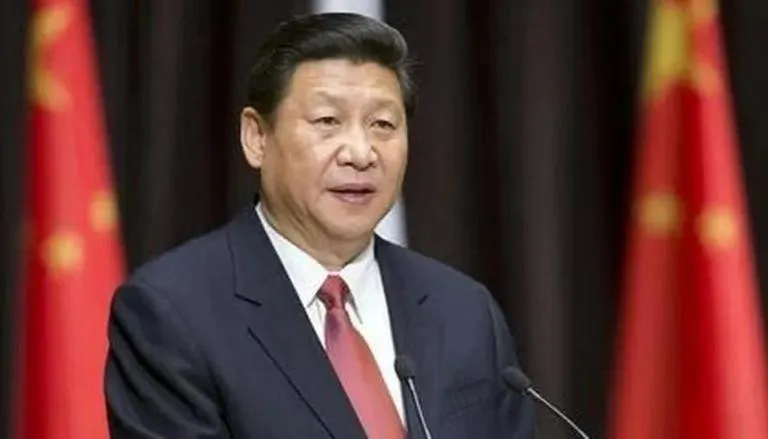The Chinese Consul-General, Lagos, Nigeria, Yan Yuqing, on Thursday promised that her country would not create a debt crisis in Nigeria and other African countries.
Yuqing made the position known at the 18th China-African lecture held at the Faculty of Arts of the University of Lagos. She reiterated that the partnership between China and African countries was aimed at reducing the poverty level on the African continent.
She said, “China has never been a creator of the debt crisis of African countries. China partners to help African countries to deal with their poverty problems. Under the framework of G20, there is a plan to delay debt repayment and China has contributed more than 60 per cent and done more than other G-20 members. China will never threaten to sanction any African country with recourse to contracts between the two countries.
“The people of Nigeria and China are wonderful, hard-working and friendly. We have very good results in several fields such as infrastructure, trade and investment, education and culture. These are very important parts of our bilateral relationship.”
Applauding the Chinese socialist model, the Dean of the Faculty of Social Sciences, Prof. Adelaja Odukoya noted, “I call that Chinese essentialism. This means they don’t forget their roots and they are very passionate about what they are. Whether you like socialism or not, it is a different thing. If there is any social organisation that takes people from wealth into a superpower, it is the society that practises socialism. We have an example of China. Go back to 1949, where was China then and where is it today? Go back to 1917, where was Russia and where is it today? Capitalist society has done nothing for us in Nigeria.”
China is Africa’s biggest creditor. In April, the Chinese Foreign Ministry Spokesperson, Wang Wenbin urged the United States and other creditors to take seriously their obligations and make more effort to resolve the debt problems in African countries.
Although China is the main creditor to some countries like Zambia, South Africa, and Zimbabwe, Wang argued that “data from the World Bank showed that multilateral financial institutions and commercial creditors hold nearly three-quarters of Africa’s total external debt, creating the biggest debt burden for African countries. which constitutes the biggest source of debt pressure on developing countries”.
The IMF in a 2022 report said 2022 described the near-term outlook for Sub-Saharan Africa as “extremely uncertain”. The Fund warned public debt and inflation were at “levels not seen in decades” and says several countries face “difficult sociopolitical and security situations.”
Several African countries like Zambia, Nigeria, Ghana, Tunisia, and Egypt are grappling with high foreign debt.


 Metro1 day ago
Metro1 day ago
 Politics1 day ago
Politics1 day ago
 Metro1 day ago
Metro1 day ago
 Sports1 day ago
Sports1 day ago





















